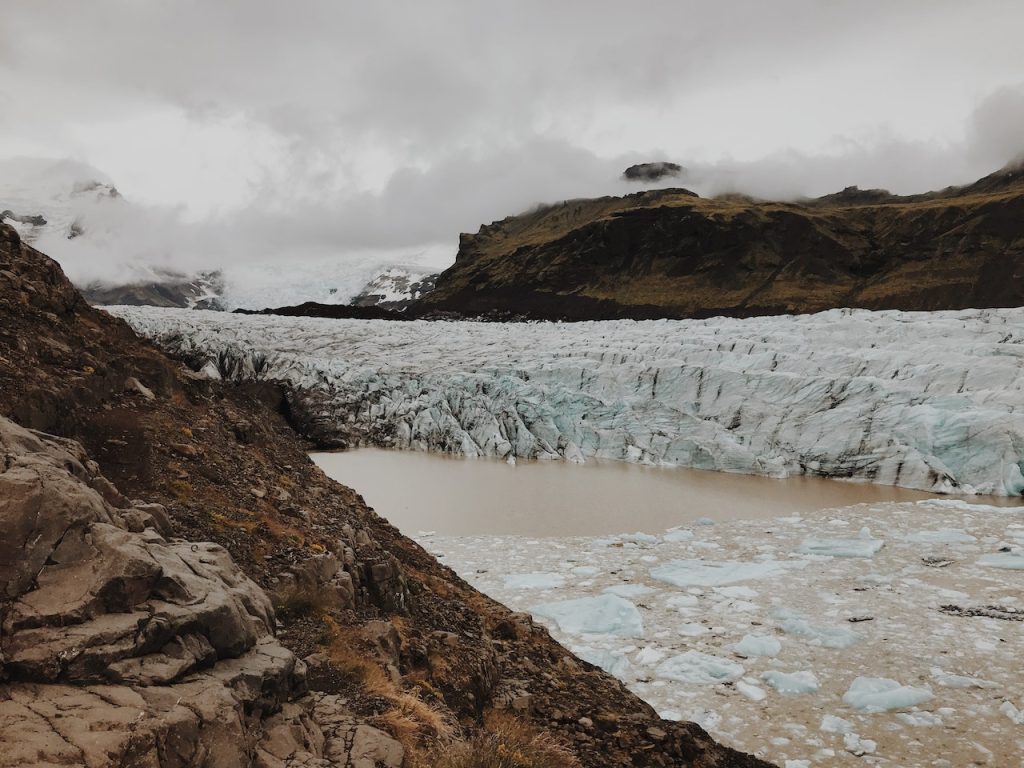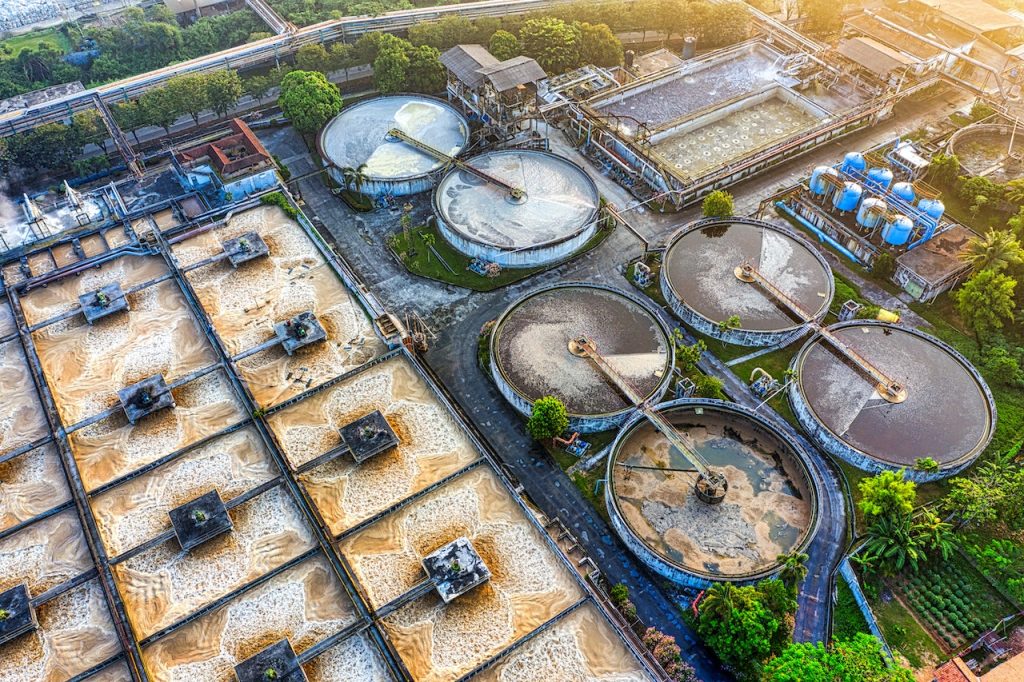Certificate Courses

Climate Change and Water Management
“Climate Change and Water Management” course is an educational program that focuses on the intersection of climate change and the management of water resources. This certificate course is designed to provide participants with a comprehensive understanding of how climate change impacts various aspects of the water cycle, water availability, and water quality. It also explores strategies and solutions for adapting to these changes and ensuring sustainable water management practices.
Hydrological Impacts: Exploration of how climate change alters precipitation patterns, snowmelt, river flow, and groundwater recharge, and the implications for water availability and distribution.
Water Quality and Health: Examination of how climate change can impact water quality, including changes in temperature, precipitation, and the spread of waterborne diseases.

Sustainable Water Infrastructure
Sustainable Water Infrastructure course focuses on the design, development, and management of water-related systems and facilities with an emphasis on sustainability. This course aims to train individuals in the principles and practices of creating and maintaining water infrastructure that is environmentally responsible, economically viable, and socially equitable.
Infrastructure Design and Planning: This course begins with an exploration of the fundamental principles of designing and planning water infrastructure. Topics include water supply systems, wastewater treatment, stormwater management, and integrated urban water management.
Green Infrastructure: An important aspect of sustainable water infrastructure is the incorporation of green infrastructure elements. This includes using natural systems like wetlands, green roofs, and permeable pavement to manage stormwater and improve water quality.

Wastewater Treatment and Management
Wastewater Treatment and Management is comprehensive exploration of the critical processes and techniques employed to purify wastewater and protect the environment. It is a vital process that plays a fundamental role in safeguarding the environment and public health. This course is designed to equip students with the knowledge and skills necessary to address the increasing challenges of wastewater management and the preservation of water quality. Wastewater treatment not only helps protect natural ecosystems and water bodies but also ensures the availability of clean water for consumption, irrigation, and industrial processes. This intricate and multifaceted process employs a range of physical, chemical, and biological techniques to purify wastewater, making it an essential component of modern infrastructure that promotes a sustainable and healthier world.

Hydrological Modeling and Analysis
The Hydrological Modeling and Analysis course focuses on the study of hydrology, which is the science of understanding and managing water resources in the natural environment. This course aims to provide participants with the knowledge and skills necessary to model, analyse, and predict the behaviour of water systems, including rainfall, runoff, groundwater flow, and river discharge. Hydrological modelling and analysis are crucial for various applications, such as water resource management, flood prediction, environmental conservation, and climate change impact assessment.
Fundamental Hydrology: Participants learn the foundational principles of hydrology, including the water cycle, precipitation processes, evapotranspiration, infiltration, and surface water runoff.
Hydrological Models: Participants gain insights into different types of hydrological models, such as rainfall-runoff models, groundwater flow models, and river basin models.

Water Law and Policy
The “Water Law and Policy” course is an educational program that focuses on the legal and regulatory aspects of water resource management, as well as the policies and frameworks that govern the allocation, use, and protection of water resources. This course is designed to provide participants with a deep understanding of the legal and policy dimensions of water management, with a focus on ensuring equitable access to clean water, protecting water quality, and addressing sustainability challenges.
Legal Framework: An exploration of the legal principles and frameworks that govern water resources, including international water law, national water laws, and regional water agreements.
Water Governance: Study of the institutions and organisations responsible for water governance at various levels, including government agencies, regulatory bodies, and international organisations.
